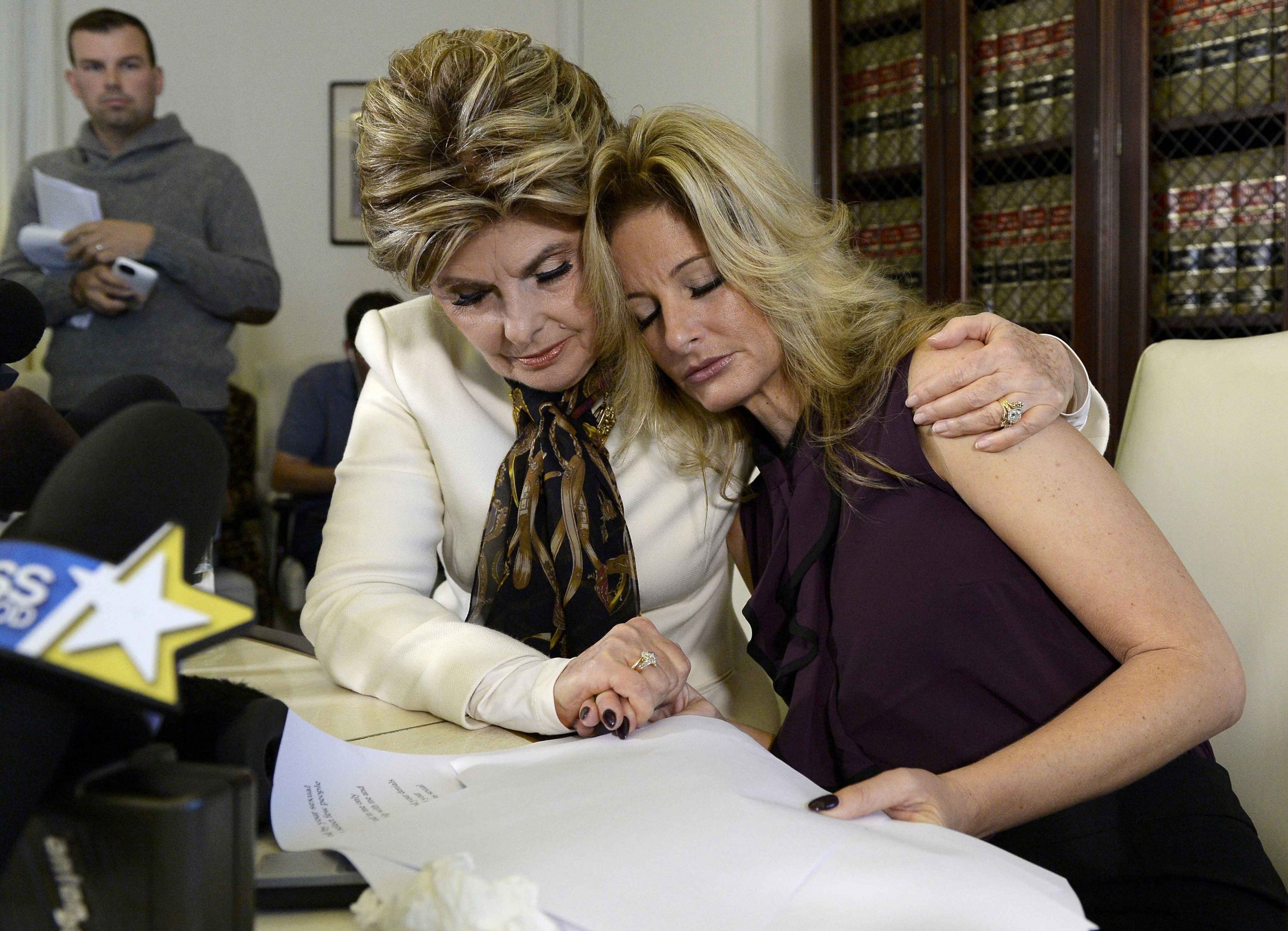
This article first appeared on the Brookings Institution site.
Many Americans think the bloodbath between Trump and Clinton is unprecedented in American history. But the reality is that short term memories and a sugarcoating of our nation's presidential history mask some contentious races for the White House.
The award for nastiest election in American history goes to the election of 1800—perhaps because it was the first such election in American history. That race was between Secretary of State Thomas Jefferson, President John Adams and a host of others.
Although the Founding Fathers are not usually thought of as naive, they had one glaring blind spot: They actually thought a democracy could function without political parties, and they tried like crazy to avoid them. But by 1800, there were real differences in how Americans thought of the new nation and thus this became the first election in which political parties were important.
The venom surrounding the election was not that dissimilar from what we see today between Democrat Hillary Clinton and Republican Donald Trump.
The Federalists, split between President Adams and Tom Pinckney and manipulated by Alexander Hamilton (of contemporary Broadway fame) called Thomas Jefferson all sorts of things.
Most Americans now know that Jefferson bore several children by one of his slaves, Sally Hemings. The catchphrase "Mr. Jefferson's Congo Harem" was the 1800 equivalent of a bumper sticker promoted by his opponents. Jefferson's defenders went so far as to try to squelch the rumors by showing that the records of Jefferson's whereabouts and the records of slave births on his plantation proved that it was impossible for Jefferson to have fathered her children.
In 1873, a writer for The Atlantic described these efforts as definitive disproof. Of course, we now know, thanks to DNA testing, that the rumors were true, but three quarters of a century after that election, historians were still protecting the Jefferson brand.
So much for sex scandals being new to presidential campaigns.
And then, of course, there were the apocalyptic warnings of what would happen should the nation elect Mr. Jefferson. For instance:
- It was alleged that Jefferson "hated the constitution" and would "subvert it."
- Not only that—he would "tumble the financial system into ruin at one stroke" which would result in "universal bankruptcy and beggary."
- He would dismantle the Navy and American ships would be "plundered or captured."
- He would not be able to pay pensions to those who had fought in the Revolution and they would be seen "Starving in the streets or living on the cold and precarious supplies of charity."
- And it was alleged that he was not a Christian but an atheist who "insults yourselves and your Bible!" [1]
Sound familiar? Try this one out: The Trump campaign keeps arguing that Clinton is too sick and frail to serve as president. In the midst of the 1800 campaign, the rumor was spread that Jefferson had suddenly died. And in the days long before broadcast news, it was a rumor that took some time to correct.
Spouses were also fair game in 1800. The first lady, Abigail Adams, was in the middle of trying to keep the fractious Federalist party from being taken over by the Hamilton wing. In the course of this, she was referred to "as complete a politician as any lady in the old French Court.[2]" Many such ladies had been executed less than a decade before during the Reign of Terror.
And the opposition's voters were also fair game. In 2012, Mitt Romney's "47 percent" and this year, Hillary's "basket of deplorables" are not that dissimilar to the First Lady's view of Shay's rebels as "Ignorant, restless desperados, without conscience or principles…"
John Adams and the Federalist Party espoused their own versions of the apocalypse that would result should Jefferson become president. They were horrified at what had happened during the French Revolution and were convinced that the election of Jefferson would lead to "anarchy, atheism and then tyranny," according to the historian Edward J. Larson. He quotes one Federalist as saying "I much fear that this country is doomed to great convulsions, changes and calamities."
The Federalists also attacked the press. Sound familiar? "In all," writes Larson, "federal attorneys brought at least seventeen indictments against Republican newspapers between 1798 and 1800 with most of these cases intended to shut down presses during the run up to critical elections."
This first tumultuous election ended with the election of Jefferson after being thrown into the House of Representatives when none of the candidates received an Electoral College Majority. More importantly, however, it ended with the peaceful transfer of power between two intensely mobilized political parties.
With one notable exception—the election of 1860, which resulted in Civil War—Americans have had, as their great advantage, the ability to fight like hell and then come together, if only for a moment, behind the winner. We should all remember that.
Elaine C. Kamarck is a senior fellow at the Brookings Institution and author of Why Presidents Fail And How They Can Succeed Again. She was a superdelegate to the Democratic convention.
- Parton, J. (January 01, 1873). The Presidential Election of 1800. Atlantic Monthly, 32.
- Larson, Edward J. A Magnificent Catastrophe: The Tumultuous Election of 1800, America's First Presidential Campaign. New York, NY [u.a.: Free Press, 2007. Print.

brookings
Uncommon Knowledge
Newsweek is committed to challenging conventional wisdom and finding connections in the search for common ground.
Newsweek is committed to challenging conventional wisdom and finding connections in the search for common ground.
About the writer
To read how Newsweek uses AI as a newsroom tool, Click here.








